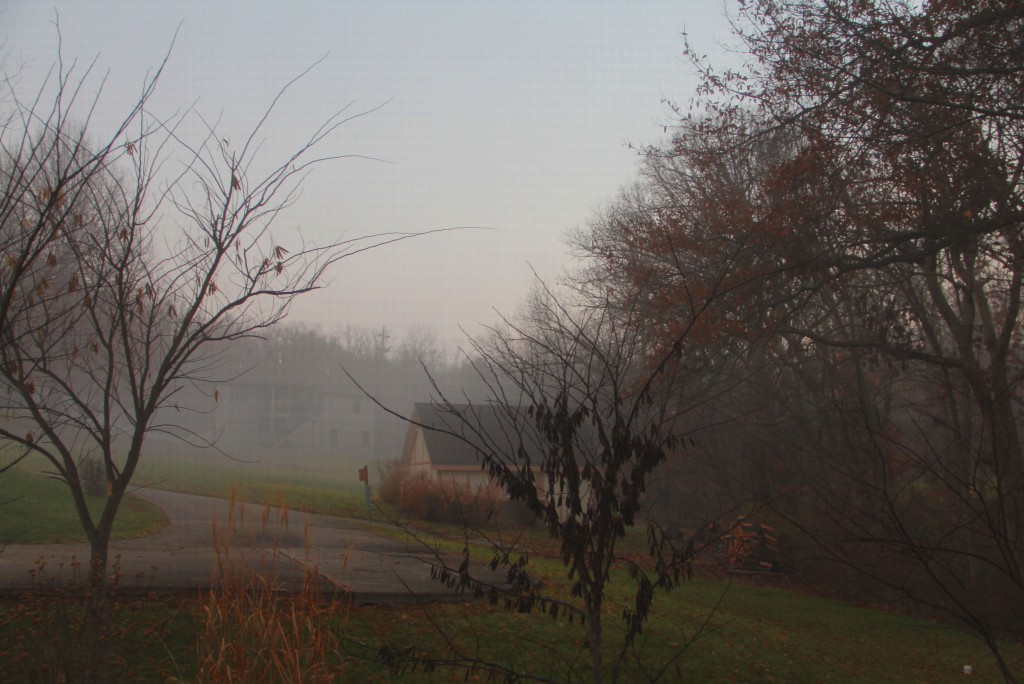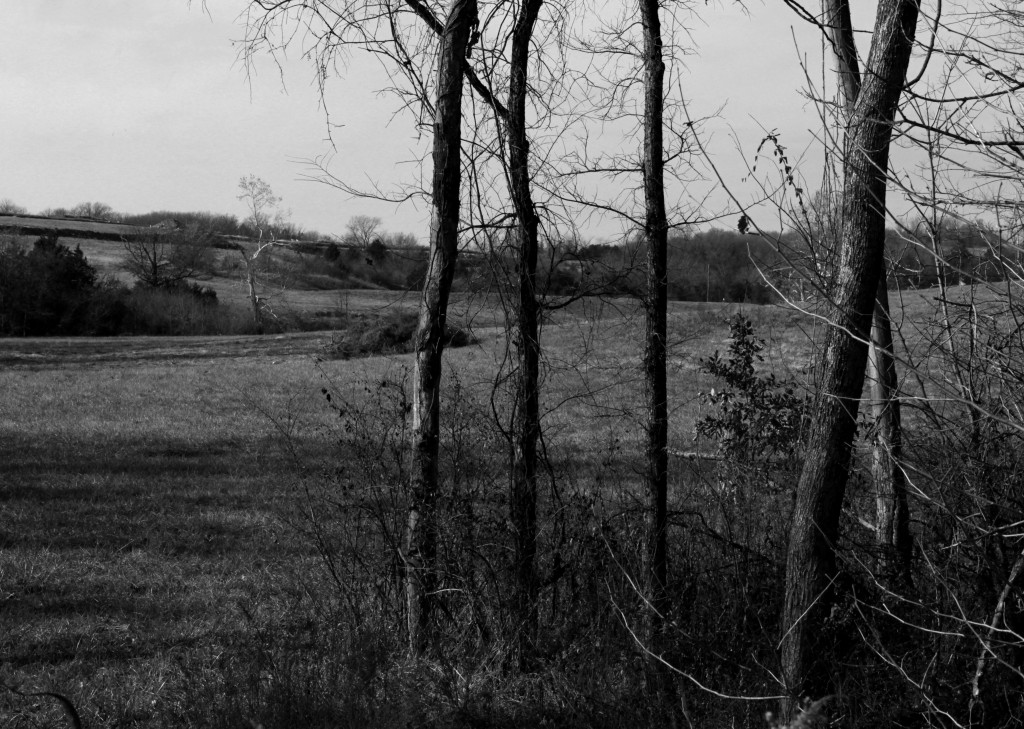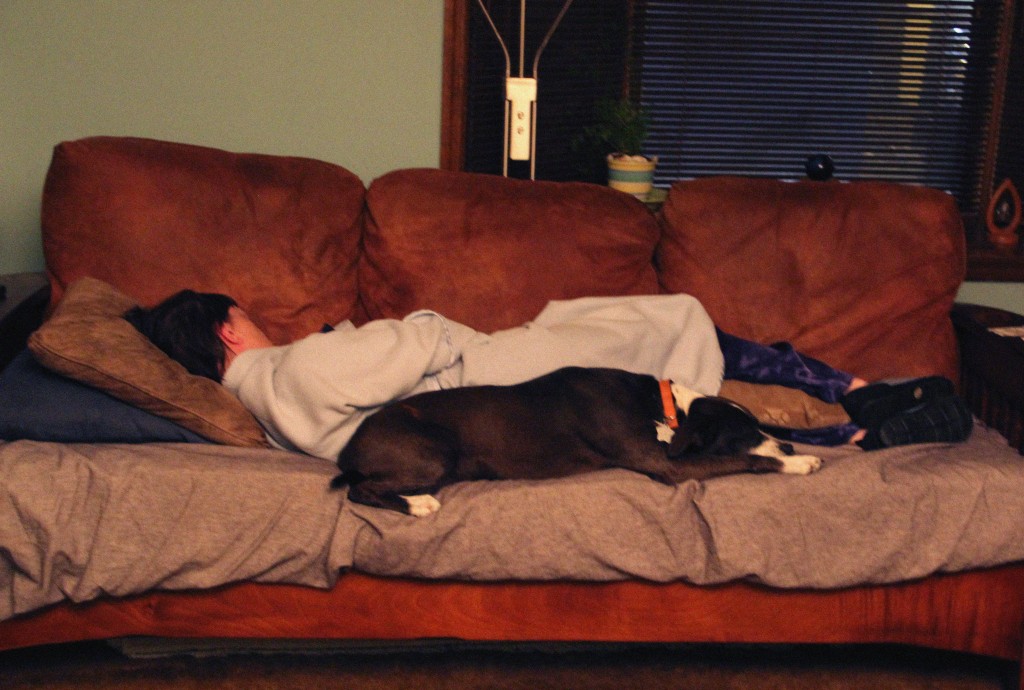Should I start with the good…or the bad? Or mix them up?
I’ve been muttering for the last couple of months that I’ve never been through a year I will be so glad to see gone, but the last couple of weeks have been not so horrible and a more sober assessment may be possible. Sometimes, though, sobriety is overrated.
The last time I had a year so replete with highs and lows was maybe 1979. But it was all one thing, then, the high and low orbiting the same subject. This one, this 2014, has been just one-damn-thing-after-another kind of up and down.
Firstly, I turned 60 this year. That in itself occupies neither side of the scale, unless one wishes to suggest that just arriving at this age mostly intact, largely sane, and relatively whole is a net success, which puts it firmly in the positive column. As they say, consider the alternative. So, fine. I turned 60.
A long, long time ago, back in grade school, I was tasked with one of my first writing gigs, penning a series of future history portraits of my classmates as we approached graduation from 8th grade. I was told to project ahead 50 years or so and tell where I thought we’d all be. I remember imagining myself and one of my classmates as being art gallery owners on the moon. About this year.
Well, so much for the predictive capacities of science fiction! (I was at a party recently where a gentleman I’d never met before found out I write SF and began regaling me with the virtues of all the neat stuff “sci-fi” foresaw. I listened politely and then tried, gently, to explain how few things written in SF stories ever came true and almost never in the way they were depicted, and then tried to explain the true virtues of the genre, but his eyes glazed over and later, when he declared in front of a roomful of people that Bernard Goetz was a hero of his…well, it sort of encapsulated in sardonic form much of my experience of this past year.)
I am still writing, though. Currently I am working on two novels. I’d hoped to get one or both done this year, but life, as it will, had other plans. I’m doing okay, though, on that score. I’m 2/3 done with one and I’m pretty excited about it. If I pull it off it will be a wholly unexpected work for me. Not at all what I thought I’d be doing at this stage.
One of the most fun writing gigs this past year was the Left Bank Books birthday celebration, wherein I and three others local writers—Ann Leckie, Scott Phillips, and Kevin Killeen—jointly wrote a story in the shop window. Took a few hours, we had ideas from customers, and we actually came up with a story. I’m toying with pulling it out and polishing it up.
So about that 60 stuff…yeah. How has that affected me? I admit I’ve been having more trouble psychologically with it than I thought I would. But Kris, my boss, told me that it’s a good age, because now I can own whatever wisdom I may have. I’ve been thinking about that a lot since she said it. Still thinking, but it was a good observation.
The thing that bothers me most about turning 60 is the consciousness that most of my life is behind me, barring some unexpected breakthrough in medicine that will extend our lives out past 120, which is entirely possible but highly unlikely to benefit me. And it’s not that all those years are behind me so much as the fact that I feel like I still have too much to do and now maybe not quite enough time. I’m not where I wanted to be at this point.
After wallowing in that kind of depressing assessment for a while, I am rescued from just digging a hole and pulling the earth over my head by the fact there where I am is pretty amazing.
Back in May, I achieved one of my physical goals. I broke a thousand pounds on leg presses. Got up to 1040. (This morning I went to the gym and I’m still pressing 920, so I might still get back up over a thousand again before my body goes phftt.) Believe me, that made me feel pretty good. Along with that I was doing a full weight-lifting schedule and aerobic workout.
In July, at work, I tried to lift something (one-handed) that I probably shouldn’t have, and something in my right arm popped. I’ve had pain and weakness since. I went to the doctor, had an MRI, and voila! I have a partially-torn biceps tendon. I’ll need surgery to fix it.
(See what I mean about this having been a mixed bag year?)
After that, it seemed I kept catching one damn bug after another and it’s been months of bleh! Some of this is depression. I’ll get to that later.
In July, at the beginning of the month, I had my release party for my new book, Gravity Box and Other Spaces, at Left Bank Books. I can’t fully express how pleased I am about this book. My first full short story collection, it has a wonderful cover, my publisher (Walrus) did a fine job on it, and my coworkers at the store did a terrific event. We packed the store. It was a banner night.
Subsequently, Walrus has merged with another local publisher, Blank Slate Press, which has a bit more of a track record, a different approach to their books, and it looks like in one year I’ve acquired two new publishers. I’ve spoken with Kristi, the owner, and she Has Plans. Stay Tuned.
(A word here about Left Bank Books. Kris Kleindienst, Jarek Steele, Wintaye, Randy, Jonesey, Lauren, Erin, Shane, Cliff, Mariah, Kea, David, Jenni, Bill, Sarah…they are all amazing people and I have not been so glad to work somewhere, with a bunch of people, since the years at Shaw Camera Shop with Gene and Earline. We are an independent book store that is not only surviving but thriving and I put it down to the brilliance and dedication of the people working there, who account for most of the new, very good friends I have found over the last few years. This is one of the things that has made this past year not only bearable but in many ways pleasurable. So.)
I also had a second book-length work come out this year from the good folks at Yard Dog Press. The Logic of Departure is a collection of three novellas set in the same milieu. Two of them are older works published by Yard Dog, but I fleshed it out with a new novella, Raitch, Later, which I hope has some teeth.
So in this, my 60th year, I can say that I have 12 books to my credit. Twelve. And about 60 short stories. As has been pointed out to me, that is a career. How can I not be pleased with that?
Well, I am.
But I’m not done.
Onward.
I have a new car. a bright, shiny 2013 Corolla. This was not in the budget or in our plans. But a large pickup truck hit me in the ass on Kingshighway and totaled my trusty ’98. I came out of it all right, but a bit poorer. (Mixed bag.)
This after I had to get new glasses because I’d lost my old ones by doing a thoroughly stupid thing—leaving them on the trunk of my car and driving off. I did find them later, crushed and irreparable. (I still have them. I may erect a monument.)
My oldest friend’s son got married this past year and I was asked to photograph the wedding. We spent a weekend down in Springfield and had a wonderful time. As it is with such things, it was close-run thing what with disaster shadowing the proceedings, but never manifesting, and I gotta say, Isaac’s partner, Bryttany, is a delight.
We could have used a few more of those kinds of weekends. One of the best was in November when our good friends Nicola Griffith and Kelley Eskridge came to town on tour for Nicola’s novel, Hild (and if you don’t have a copy, why not? It’s a great book and I think, really, you ought to get one) and we spent a terrific weekend with them. They live in Seattle, which is far away and expensive to get to and we don’t see nearly enough of them.
The real downside to this year has been the time family matters of a not particularly pleasant nature have taken up for Donna, who has shouldered a massive burden. It’s worn on both of us, but mainly on her. I won’t go into details. Many who may read this already know much of what’s going on and if I haven’t chosen to tell you, then you won’t read about it here. We’re fine, though, as far as that goes, just…overwhelmed.
We went to a convention in May, the first time we’d been back to Kansas City in some years. We came home with some new hats and pleasant memories of seeing good friends.
We did not make it to Pittsburgh, which we had planned to do, something that has also been several years since last we’ve done.
We’re coming out of 2014 with a certain ambivalence. In some ways we’re doing better than we ever did before, in others…
I said I’d get to the depression. This might be a good place to put it, but in retrospect I have to admit that most of my “depression” has just been a combination of weariness and impatience. I don’t do depression, it’s not an organic condition with me, and I have never been down for any long stretch of time. I run on an even keel for the most part. But this year has tried my stamina sorely.
One thing that has made it not only bearable but outright good have been our friends, both new and old. We’re rich in that and I find each year that I appreciate them more and more. Friends make the difference between keeping time and living.
Looking forward to doing a lot more living in 2015.








